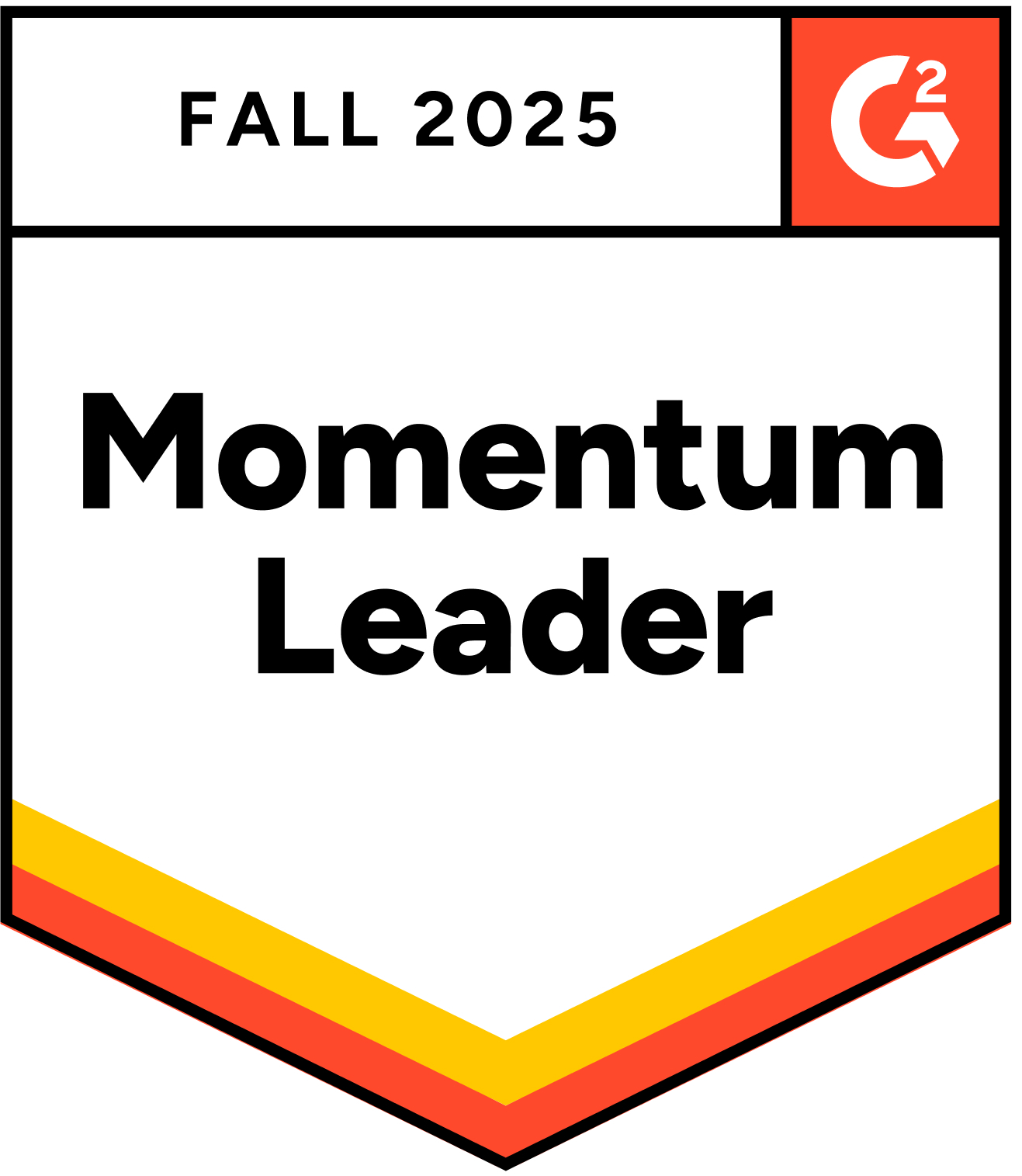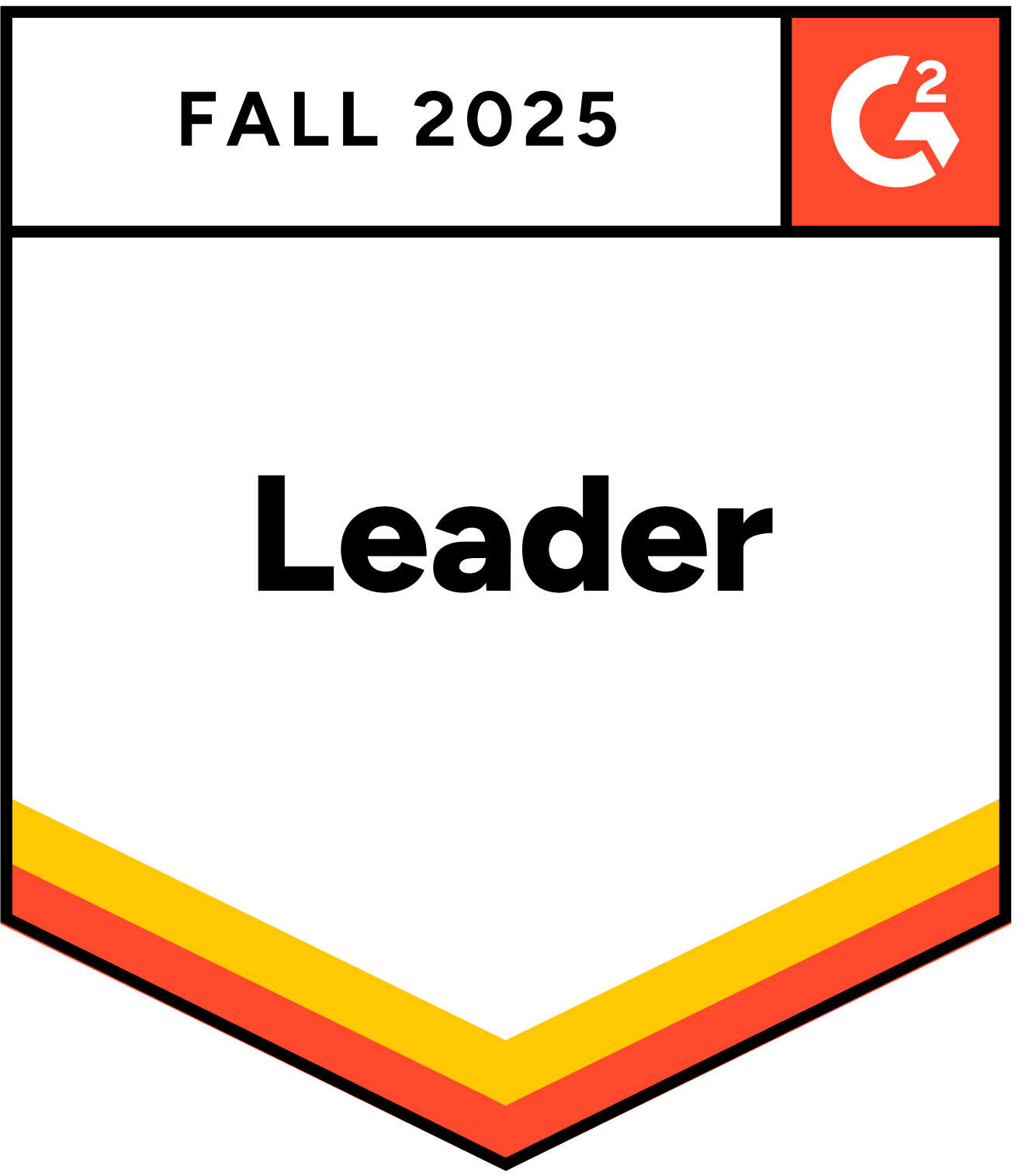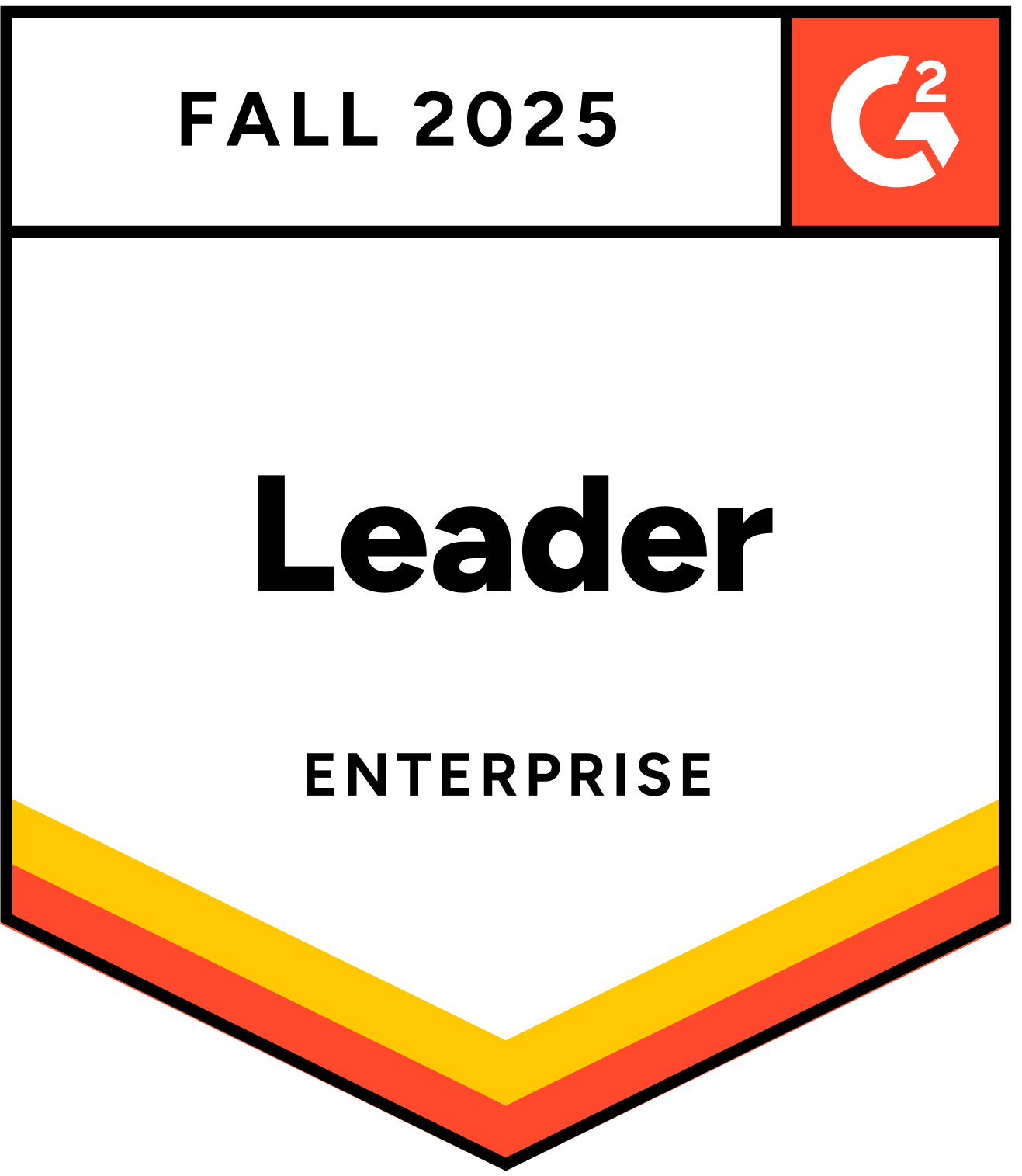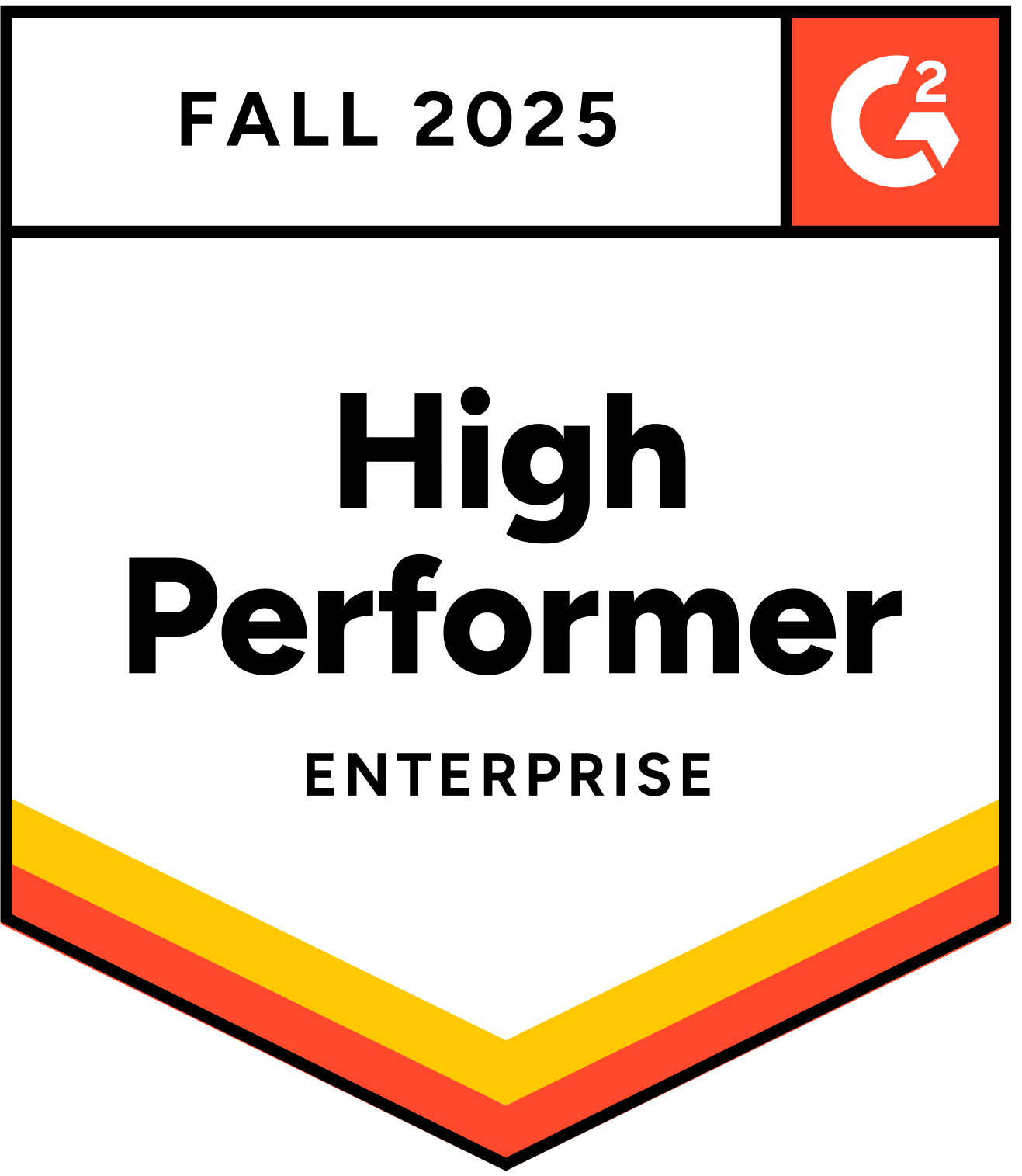Candidate relationship management (CRM) and associated solutions have become a pivotal aspect of modern recruitment strategies. It entails the management of interactions with potential candidates to enhance the recruitment process and establish a robust talent pipeline.
In this article, we delve into the core concepts, benefits, best practices, challenges, and future trends associated with candidate relationship management.
Content
- What Is Candidate Relationship Management?
- Importance of Candidate Relationship Management
- Core Concepts of CRM
- Key Components of CRM
- Benefits of Candidate Relationship Management
- How to Choose the Right CRM Software
- Best Practices in Candidate Relationship Management
- Challenges in Candidate Relationship Management
- Future Trends in Candidate Relationship Management
- Conclusion
- FAQs
What Is Candidate Relationship Management?
Candidate relationship management (CRM) is a strategic approach businesses organizations use to effectively manage and nurture relationships with potential job candidates. It involves the systematic and organized management of candidate interactions and communication throughout the recruitment process, from initial contact to hiring, and beyond.
The primary goal of a CRM system is to create a positive candidate experience and build a strong talent pipeline for future job openings. This approach utilizes various technologies and communication channels to engage and maintain connections with candidates, both those actively seeking job opportunities and those who may not be actively looking, but could be valuable assets in the future.
The Importance of Candidate Relationship Management
Candidate relationship management plays a pivotal role in today’s competitive job market, revolutionizing how businesses interact with potential candidates.
Enhanced candidate experience
CRM ensures a positive and personalized experience for candidates throughout the recruitment journey, irrespective of the outcome. This significantly impacts the candidate’s perception of the company and can lead to positive word-of-mouth and referrals.
Building strong talent pools
Maintaining a well-organized database of potential candidates allows quick and efficient access to a talent pool when a job opening arises. This streamlines the hiring process and reduces the time and resources required to fill positions.
Effective communication
CRM systems facilitate efficient communication with candidates. Timely and relevant communication not only keeps candidates informed about their application status, but also conveys the company’s commitment and professionalism.
Cost efficiency
By nurturing relationships with potential candidates, CRM systems help reduce recruitment costs in the long run. A well-maintained talent pool reduces the need for extensive advertising and recruiting efforts for each new position.
Competitive edge
Companies utilizing CRM platforms gain a competitive advantage in attracting top talent. A reputation for treating candidates well and maintaining relationships establishes the company as an employer of choice.
Strategic decision-making
Data analytics, extracted from CRM systems, provide valuable insights. This data-driven approach assists in understanding candidate behaviors and preferences, enabling organizations to tailor their recruitment strategies for optimal results.
Core Concepts of CRM
The core concepts of candidate relationship management form the basis of effective candidate engagement and relationship-building throughout the recruitment process.
Building and maintaining talent pools
This includes creating and managing a database of potential candidates. They are organized according to their abilities, experience, preferences, and other relevant characteristics. By regularly updating and maintaining your talent pool, you ensure a ready supply of qualified candidates for both current and future job needs.
Engaging with passive and active candidates
This includes recognizing the need to engage with applicants who are actively looking for new opportunities and those who are not actively looking but have relevant skills and expertise. To create and maintain relationships, as well as to keep applicant interest over time, focused and individualized communication is required.
Enhancing candidate experience
The primary goal is to provide a positive and engaging candidate experience at every point of contact during the recruitment process. This is accomplished through personalization, open communication, and rapid feedback. These elements work together to ensure a candidate-centric experience, regardless of the outcome of their application.
Key Components of CRM
The key components of candidate relationship management (CRM) encompass the fundamental elements that constitute an effective CRM strategy in recruitment.
Database and technology
At the core of CRM is a robust and organized database that stores candidate information in a structured manner. Advanced technology and CRM software facilitate efficient data management, allowing for easy retrieval, categorization, and analysis of candidate data.
Communication channels
To efficiently interact with candidates, teams employ a variety of communication methods, including email, social media, messaging platforms, and phone conversations. Enhancing engagement and building relationships is achieved by selecting suitable communication channels and customizing messages based on candidate preferences.
Data analytics and tracking
Data analytics tools track and evaluate candidate interactions, activities, and preferences. Data-driven insights play a crucial role in refining communication strategies, enhancing candidate engagement, and enabling more informed recruitment decisions.
Benefits of Candidate Relationship Management
A well-executed CRM strategy provides a competitive edge by establishing a positive brand reputation and attracting top talent.
Candidate relationship management (CRM) offers many benefits for organizations involved in recruitment. Implementing effective CRM strategies can significantly impact the efficiency and success of recruitment efforts.
Here are the key benefits of candidate relationship management.
Improved talent pipeline
CRM allows organizations to build and maintain a talent pool of potential candidates, ensuring a readily available and qualified talent pool when job openings arise. This proactive approach streamlines the recruitment process and reduces time-to-hire.
Enhanced candidate engagement
Engaging with candidates beyond the initial application is critical. CRM enables personalized and consistent communication, enhancing engagement and maintaining interest even if a suitable role is unavailable immediately. Candidates appreciate the attention and are more likely to consider future opportunities within the organization.
Streamlined recruitment processes
A well-organized CRM system automates and streamlines routine recruitment tasks, reducing administrative burdens and allowing recruiters to focus on strategic aspects of hiring. It helps schedule interviews, send follow-up communications, and track candidate progress efficiently.
Cost reduction
Organizations reduce advertising and recruitment costs associated with finding new candidates for each job opening by maintaining a talent pipeline and effectively engaging with candidates. Efficient recruitment processes and reduced time-to-hire also contribute to cost savings.
Competitive advantage
Providing a positive candidate experience through effective CRM practices establishes the organization as an attractive employer. A good reputation and positive experiences with candidates result in more referrals and an advantage in attracting top talent over competitors.
How to Choose the Right CRM Software
Choosing the right candidate relationship management (CRM) software is crucial for organizations looking to streamline their recruitment processes and effectively manage candidate relationships. When selecting CRM software for your organization, consider customization options, integration capabilities, user-friendliness, scalability, and cost-effectiveness.
Here are key considerations to help in selecting the appropriate CRM software.
Assess organizational needs and goals
Understand your specific recruitment needs, the size of your candidate pool, and the complexity of your hiring processes. Consider your organizational goals related to recruitment efficiency, candidate engagement, and maintaining a talent pipeline.
Customization and flexibility
Ensure the CRM software allows customization to align with your unique recruitment workflows and processes. Look for software that can adapt to evolving needs and changes in recruitment strategies.
Integration capabilities
Check if the CRM software seamlessly integrates with your existing HR and recruitment systems, such as applicant tracking systems (ATS). Integration ensures smooth data flow and avoids redundant data entry.
User-friendly interface
Choose a CRM software with an intuitive and easy-to-use interface, facilitating user adoption and reducing training time for your team. A user-friendly interface enhances efficiency in managing candidate interactions.
Scalability and performance
Select a CRM system that can scale along with the growth of your candidate database and organizational needs. Ensure the software can handle increased data volumes and maintain performance as your candidate pool expands.
Data security and compliance
Verify that the CRM software complies with data protection and privacy regulations relevant to your geographic location. Prioritize data security features to protect sensitive candidate information.
Vendor support and training
Assess the level of customer support and training the CRM software vendor provides. Availability of training resources and responsive customer support is vital for successful implementation and usage.
Cost and ROI analysis
Evaluate the overall cost of implementing the CRM software, including licensing, setup, customization, and ongoing maintenance. Conduct a thorough ROI analysis to ensure the benefits derived from the CRM system justify the investment.
User reviews and recommendations
Read user reviews and seek recommendations from industry peers who have experience with the CRM software you’re considering. Real-world feedback can provide valuable insights into the software’s performance and suitability for your organization.
Best Practices in Candidate Relationship Management
Implementing a successful CRM strategy involves effective candidate segmentation, personalized communication, regular follow-ups, and automation of routine tasks.
Implementing best practices is essential to ensure effective engagement with candidates and to nurture strong relationships throughout the recruitment process. These practices contribute to a positive candidate experience and ultimately aid in attracting and retaining top talent.
Here are key best practices in CRM for recruitment
Segmentation and targeting
Segment candidates based on skills, experience, location, and preferences. Tailor communication and engagement strategies for each segment to ensure relevance and effectiveness.
Personalized communication
Send personalized messages addressing candidates by name and referring to their specific skills or interests. Provide timely updates on their application status or new opportunities that match their profile.
Regular follow-ups
Maintain regular communication with candidates, even with no immediate job openings. Follow up after interviews, providing constructive feedback and updates on their progress in the hiring process.
Utilize multiple communication channels
Leverage various channels like email, phone calls, social media, and messaging apps to reach candidates. Use each channel strategically, based on candidate preferences for effective communication.
Automate routine tasks
Use automation for routine tasks such as sending acknowledgments, scheduling follow-ups, and updating candidates. Automation enhances efficiency and ensures consistent communication.
Feedback and listening
Request feedback from candidates regarding their experience with the recruitment process. Act on the feedback to improve processes and demonstrate responsiveness to candidates’ concerns.
Provide value-added content
Share relevant industry news, career tips, or educational resources with candidates to provide value and showcase the organization’s expertise. Position the organization as a valuable resource for career growth and information.
Maintain a candidate-centric approach
Focus on the candidate’s needs and expectations throughout the recruitment process. Ensure that interactions and communications prioritize the candidate’s experience and satisfaction.
Measure and analyze performance
Track metrics related to candidate engagement, response rates, and conversion rates. Analyze this data to understand the effectiveness of CRM strategies and make data-driven improvements.
Training and education for CRM users
Provide training to the team using the CRM system to ensure they understand its capabilities and functionalities fully. Continuous education on new features or updates encourages optimal use of the CRM system.
Challenges in Candidate Relationship Management
Challenges may include:
- Maintaining data accuracy
- Keeping candidates engaged over time
- Ensuring compliance with data privacy regulations
Addressing these challenges is crucial to maximize the benefits of CRM effectively.
Here are common challenges to keep on top of.
Data accuracy and integrity
Maintaining accurate and up-to-date candidate data is a significant challenge. Candidates change their contact information, roles, or preferences, and keeping the data precise is essential for effective communication.
Candidate engagement
Engaging candidates consistently and meaningfully is challenging, especially with passive candidates. Finding the right balance between informative and non-intrusive communication is essential to keep candidates engaged.
Privacy and data compliance
Adhering to data protection laws and privacy regulations is critical. CRM systems handle sensitive personal data, and ensuring compliance with laws like GDPR or CCPA can be complex and challenging.
Integrating with existing systems
Seamlessly integrating CRM software seamlessly with existing HR and recruitment systems can be difficult. Incompatibility or inadequate integration can result in data silos and inefficiencies.
Training and adoption
Ensuring the recruitment team fully adopts and effectively uses the CRM system can be challenging. Comprehensive training and ongoing support are essential for successful implementation.
Technology limitations
Some CRM systems may have limitations in terms of customization, scalability, or features, which may not align with an organization’s specific needs.
Providing a consistent candidate experience
Maintaining a consistent and positive candidate experience across various touchpoints can be challenging, especially in larger organizations where multiple teams may engage with candidates.
Overcoming automation pitfalls
While automation is a key feature of CRM, over-automation can lead to a lack of personalization and a ‘one-size-fits-all’ approach, alienating candidates.
Measuring ROI and effectiveness
Quantifying the return on investment from implementing CRM can be challenging. Measuring the effectiveness of CRM in terms of improved hiring, reduced costs, or enhanced candidate relationships requires comprehensive analysis.
Managing candidate feedback
Gathering and managing candidate feedback effectively can be challenging. Collecting feedback on the recruitment process and using it for continuous improvement is crucial.
Future Trends in Candidate Relationship Management
The future of CRM in recruitment will likely incorporate artificial intelligence (AI), automation, chatbots for candidate interactions, and predictive analytics to enhance decision-making.
Candidate relationship management (CRM) is evolving rapidly with technological advancements and changes in the recruitment landscape. Staying ahead of emerging trends is crucial for organizations to optimize recruitment strategies.
Here are some future trends in candidate relationship management.
AI-powered automation
Integration of artificial intelligence (AI) to automate routine tasks, such as candidate follow-ups, scheduling, and initial screenings, will allow recruiters to focus on higher-value activities.
Predictive analytics for candidate behavior
Using data analytics and AI to predict candidate behavior, preferences, and likelihood of job changes will allow for tailored engagement strategies and personalized communication.
Chatbots for candidate interaction
Implementing AI-driven chatbots can help manage candidate queries, provide information about job openings, and guide candidates through the application process, enhancing engagement and responsiveness.
Enhanced candidate journey mapping
Mapping the candidate journey precisely, identifying touchpoints, and optimizing communication strategies has the potential to ensure a seamless and positive candidate experience throughout the recruitment process.
Multi-channel engagement strategies
Integrating various communication channels, such as social media, messaging apps, email, and phone calls, creates a comprehensive and personalized approach to candidate engagement.
Virtual reality (VR) in candidate engagement
Employing VR technology to offer virtual office tours, job previews, and ‘day-in-the-life’ experiences provides candidates with a sneak peek into the work environment and boosts engagement.
Blockchain for secure candidate data management
Incorporating blockchain technology to securely manage and verify candidate credentials and information guarantees data accuracy, authenticity, and compliance with privacy standards.
Greater focus on diversity and inclusion
Utilize CRM to prioritize diversity and inclusion initiatives by tailoring communication to connect with a diverse range of candidates and advocating for equal opportunities.
Personalized job recommendations
Use machine learning algorithms to assess candidate profiles and job requirements, delivering personalized job recommendations to candidates, and improving their job search experience.
Advanced CRM integration with ATS and HR systems
Enhancing integration and seamless collaboration among CRM, applicant tracking systems (ATS), and other HR software helps teams gain a comprehensive view of the candidate lifecycle, ensuring data consistency and streamlined processes.
Emphasis on data privacy and compliance
Maintain a strong commitment to data privacy laws, regulations, and ethical standards to ensure responsible and transparent handling of candidate data.
Conclusion
Candidate relationship management (CRM) stands at the forefront of modern recruitment strategies, revolutionizing how organizations interact with potential candidates. In a fiercely competitive job market, we cannot overstate the significance of nurturing strong candidate relationships.
Supported by talent pool management, engagement strategies, and a candidate-centric approach, CRM offers a proactive method to sustain relationships with active and passive candidates. It enhances the candidate experience, streamlines recruitment processes, and significantly reduces costs while gaining a competitive edge.
As technology advances, embracing AI-powered automation, predictive analytics, chatbots, and virtual reality will further propel CRM into the future. These tools will enable organizations to engage candidates on a deeper level, providing personalized experiences and optimizing the candidate journey.
Moreover, with an increasing focus on data privacy, integration with existing systems, and a commitment to diversity and inclusion, the future of CRM promises to be efficient, secure, and inclusive.
In a job market that is always changing, keeping up with these methods and trends will help you understand candidate relationship management and candidate management systems in a way that will help your team grow.
This is where Joveo comes in to get your job ads in front of the right people – at the right place and time, for the right price! With our AI-driven approach and campaign automation, you can spend with precision on sources that deliver.
Discover the power of our game-changing, end-to-end talent-sourcing platform.
See us in action to boost your company’s productivity. Follow us on Twitter and LinkedIn for more hiring insights!
FAQs
Why is candidate relationship management important?
Firstly, it enhances the candidate experience throughout the recruitment journey, showcasing the organization’s professionalism, regardless of the outcome. Moreover, it streamlines recruitment processes, reduces costs, and provides a competitive advantage by fostering positive candidate relationships, which can lead to referrals and sustained interest in future opportunities.
How do you maintain relationships with candidates?
Maintaining relationships with candidates requires a strategic approach. Personalized communication is key, addressing candidates by name and tailoring interactions based on their preferences and interests. Regular follow-ups demonstrate ongoing interest even when immediate opportunities are unavailable.















